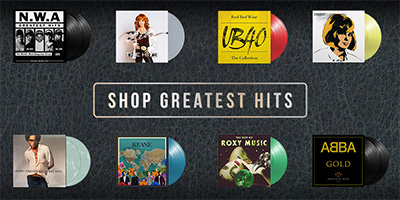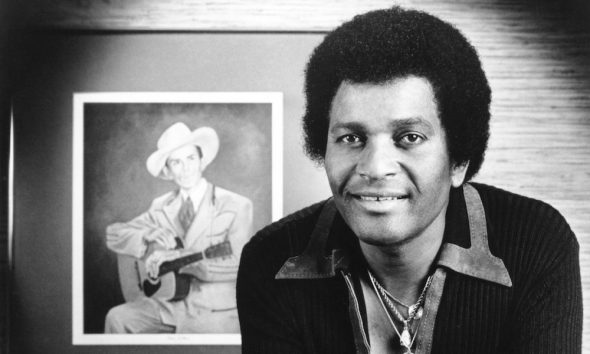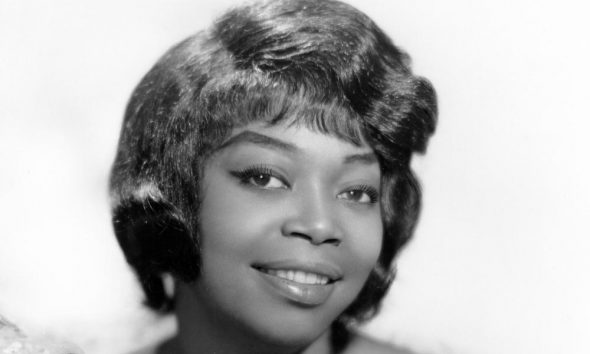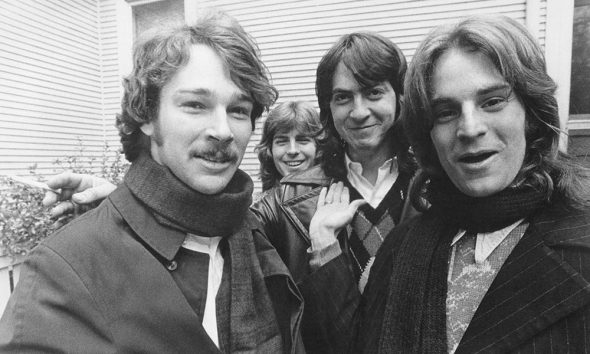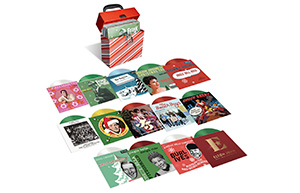‘Broken’: How Nine Inch Nails Turned Hostility Into Pop Success
As industrial music’s underground grew heavier, Trent Reznor pursued the depths of its depravity toward platinum sales on ‘Broken.’
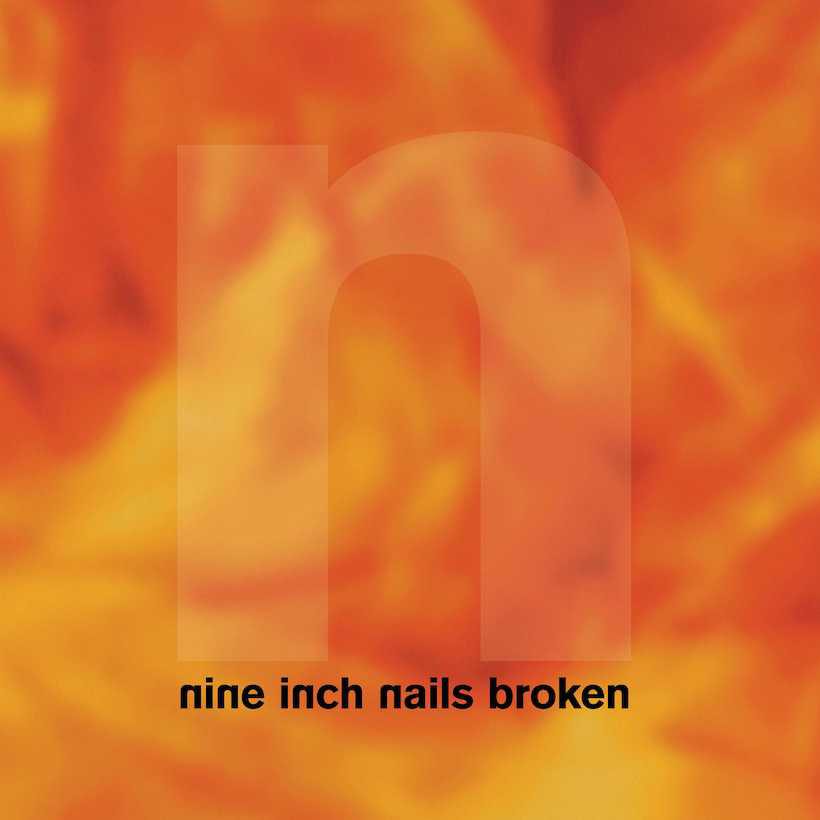
Trent Reznor didn’t invent industrial music, but he did make it extremely appealing. Nine Inch Nails’ 1989 debut album Pretty Hate Machine filtered the dark abrasive tones of industrial progenitors such as Coil and Skinny Puppy into club-and radio-friendly anthems such as “Down In It” and “Head Like A Hole.” Just as they had begun to tunnel their way into the mainstream, however, the underground realm of industrial music itself had evolved into something darker, as bands like Ministry and Godflesh had fused mechanistic drum-machine beats with heavy metal guitars and nihilistic aggression. Reznor could have very well continued honing his pop hooks on the group’s next release, but instead chose to go in the opposite direction, pursuing something heavier and angrier on 1992’s Broken, an EP that proved to be massively successful in spite of the wall of aggression it built up.
Broken, like Pretty Hate Machine, employs the tools of electronic music, such as synthesizers, drum programming, and meticulous production, yet it marked the first time that Reznor explicitly wrote songs on a guitar rather than a keyboard, and the result is Nine Inch Nails’ first genuine foray into the crushing maximalism of industrial metal. There are few bright spots to speak of on Broken, no moments of levity. Pressing play feels like being engulfed by the flames on its album sleeve.
An ugly record made during an ugly time
That crushing sound came with a harrowing emotional journey to match. A statement accompanying the promotional 12-inch vinyl release of the EP in 1992 stated that “Broken was a hard recording to make,” and “an ugly record made during an ugly time in my life.” The material is every bit as seething as the disclaimer suggests. “Last” remains one of the most visceral moments in Nine Inch Nails’ catalog, ramping up the tension of an earlier track like “Terrible Lie” while replacing its synthesizers with metal guitars. Reznor edges toward a precipice as guitars scream beneath him, barking, “I know it’s all getting away, but it comes to me as no surprise/I know what’s coming to me is never going to arrive/Fresh blood through tired skin/New sweat to drown me in/Dress up this rotten carcass just to make it look alive.” It’s a limerick of self-loathing.
Even in the rare moments when it edges toward accessibility, Broken still feels like sensory overload. Nihilist glam-stomp “Wish” was released as a single despite its abrasive rancor, driven by a sputtering robo-rhythm and call-and-response duel between guitars and vocals that shares more in common with Sweet’s “Ballroom Blitz” than Ministry’s “Burning Inside.” Despite its repeated lyrical f-bombs, the “Wish” video went into regular rotation on MTV. Meanwhile with the closing track “Gave Up,” Reznor proved just how precariously he was willing to build his wall of sound, piling on countless layers of tracks and instruments (including a Mellotron once played by John Lennon). It’s an awe-inspiring din, balancing blown-out fuzz guitars, pulsing synthesizers, and disorienting effects against the sound of Reznor’s stacked vocals, as if the song is self-destructing in real-time.
A nightmarish vision
Startling as it might have been to catch “Wish” between more commercially friendly artists on MTV at the time, it was by far the tamest that Nine Inch Nails produced for Broken. Each of the EP’s tracks (save for “Last” and bonus tracks “Physical” and “Suck”) had its own video, including the disturbing clip of performance artist Bob Flanagan being tortured in “Happiness in Slavery,” which was banned by MTV. Even the non-banned visuals are still pretty uncomfortable, like the labyrinthine system of pipes emptying into a masked person’s face on “Pinion,” and the fly-covered man-eating steak on “Help Me I Am in Hell.”
All five videos were compiled into a short film, directed by Peter Christopherson of Throbbing Gristle, with on-screen violence intended to resemble that of a snuff film. Reznor never officially released the film, reasoning that the shock value of it would almost certainly overshadow the work he put into the music. Instead, he distributed VHS copies to friends, with specific parts in each copy blacked out so that, if it did leak somehow, he’d know who was responsible.
Seemingly every aspect of Broken – its aggressive sound, seething vocals, and truly nightmarish videos – is a warning to the listener: Don’t press play unless you’re willing to confront something intense and uncomfortable. In spite of this, Broken yielded a new commercial peak for Nine Inch Nails. It sold a million copies, earning Nine Inch Nails their first platinum record, as well as earning a Best Heavy Metal Performance Grammy for “Wish.”
The irony of this harsh, angry music earning mainstream acceptance wasn’t lost on Reznor, who quipped in response that his epitaph should read, “REZNOR: Died. Said ‘fist f__k.’ Won a Grammy.” Broken showed that Reznor’s darkest impulses and most hostile sounds didn’t just have an audience, but one that eclipsed those that took to his more mainstream-friendly songs. As later platinum-selling releases like The Downward Spiral proved, the harsher, louder, and nastier that Nine Inch Nails became, the more their audience craved it.



